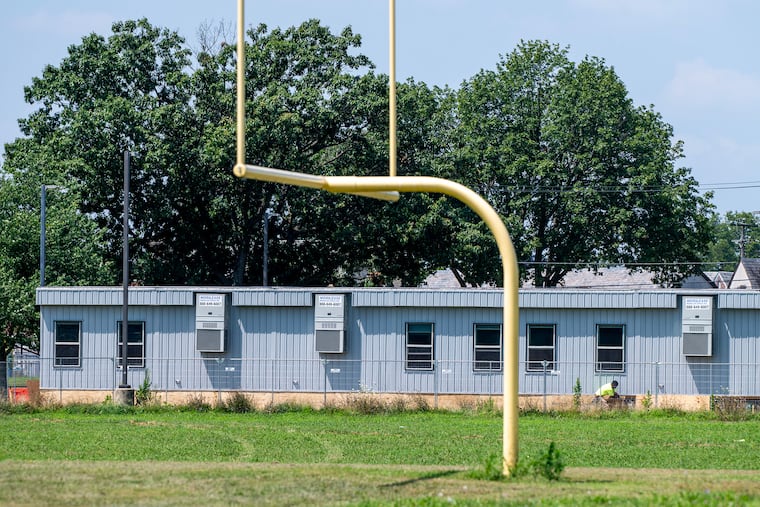Kensington Wellness Court resumes operations after a brief break, with courts and city officials reaffirming their commitment to its success.
Mayor Cherelle L. Parker’s administration, in collaboration with city court officials, reaffirmed their commitment to the Neighborhood Wellness Court, a program designed to support individuals suffering from addiction in Kensington. This initiative, which was temporarily suspended last month due to rising tensions between city governance and courtroom authorities, resumed operations on Wednesday.
The Office of Public Safety, responsible for overseeing the program, has implemented significant adjustments in the procedures relating to how individuals are presented before the court. Following a three-week hiatus during which no new arrests were carried out, the program’s leadership recognized the need for modifications to enhance fairness and efficiency.
In a joint announcement, the city and judicial officials expressed their dedication to ensuring the Neighborhood Wellness Court’s success. This pilot program, held every Wednesday, aims to mitigate public drug use in Kensington by providing immediate access to medical and social services for users, thereby reducing the criminalization of their addiction.
Recent events had highlighted underlying issues affecting the collaboration between city leaders and court officials. Reports indicated that Supervising Municipal Court Judge Karen Simmons was on the verge of suspending the wellness court due to frustrations regarding communication and management from Parker’s administration. This dissatisfaction stemmed from feelings among judicial and defense representatives that they were excluded from the program’s planning phases.
Amid these challenges, Simmons voiced concerns about potential disparities in treatment across different neighborhoods and inconsistencies in eligibility criteria for the program. During the three-week pause, city officials worked diligently to address these issues and create a more equitable framework.
On the day of the court’s resumption, police apprehended eight individuals in Kensington, most of whom appeared to be in vulnerable conditions. After a preliminary evaluation at a facility on Lehigh Avenue, those without prior legal complications were directed to the wellness court, located within the 24th Police District Headquarters. Ultimately, four individuals chose to undergo treatment as part of the program.
Among those who opted for treatment was a 42-year-old mother of three, who expressed her determination to pursue recovery. Municipal Court Judge Henry Lewandowski III, who oversees the wellness court, emphasized the program’s supportive nature, stating that it offers resources aimed at fostering rehabilitation rather than imposing punitive measures.
While the number of participants successfully completing the program remains modest, with some individuals dropping out shortly after initiating treatment, officials remain hopeful about the program’s future. They believe that additional time is necessary for the Neighborhood Wellness Court to mature and showcase its potential impact on the community.
City officials are committed to monitoring the program closely as it evolves, focusing on refining its practices to better serve those in need. As the initiative progresses, the community’s engagement and resources will play a pivotal role in establishing a sustainable model for addressing addiction and its associated challenges in Kensington.
Media News Source






